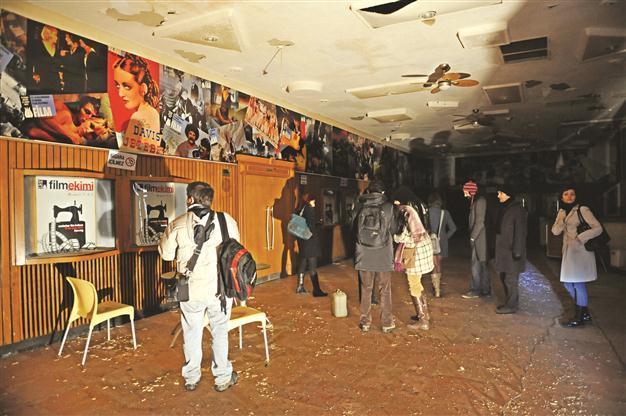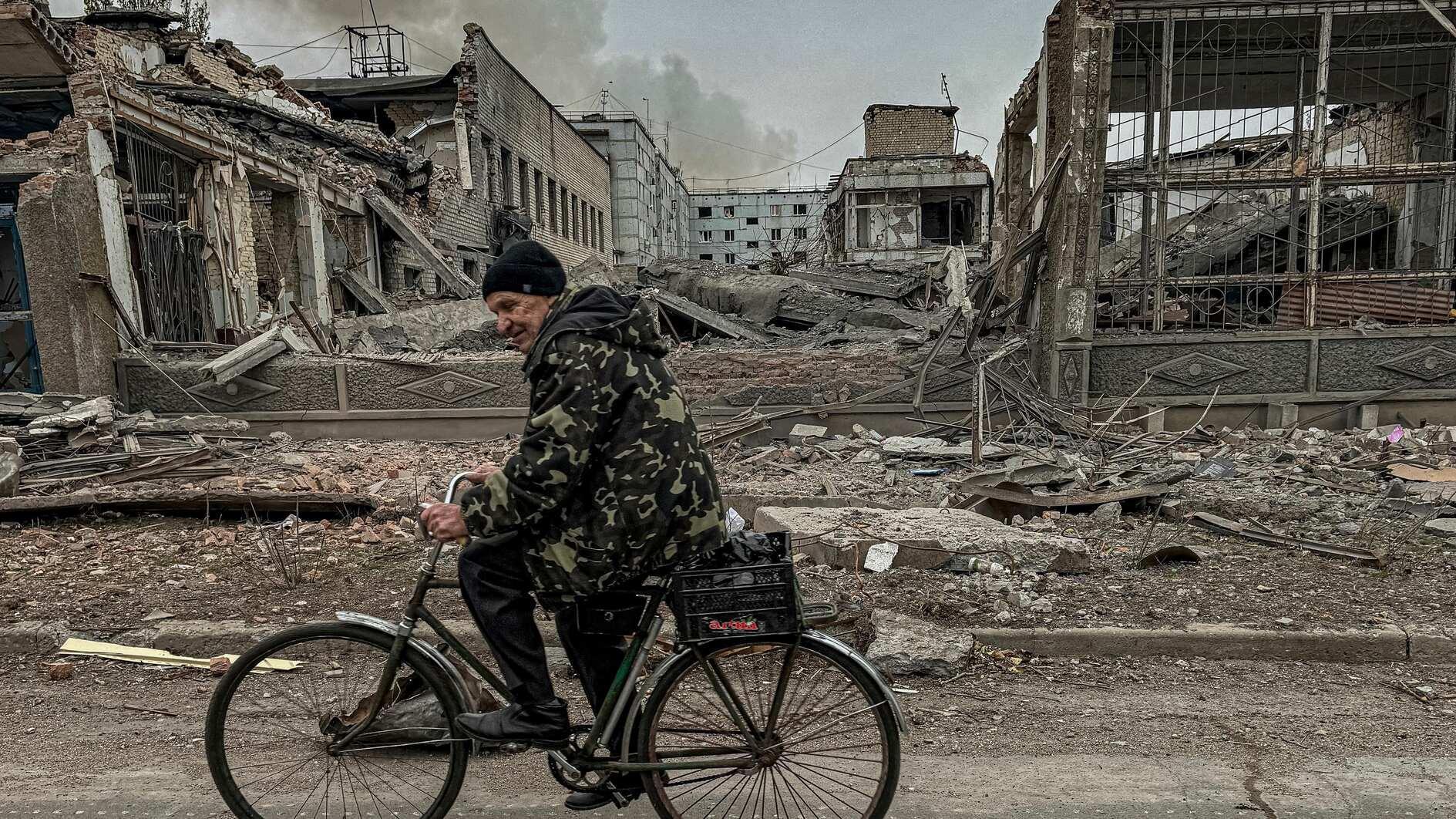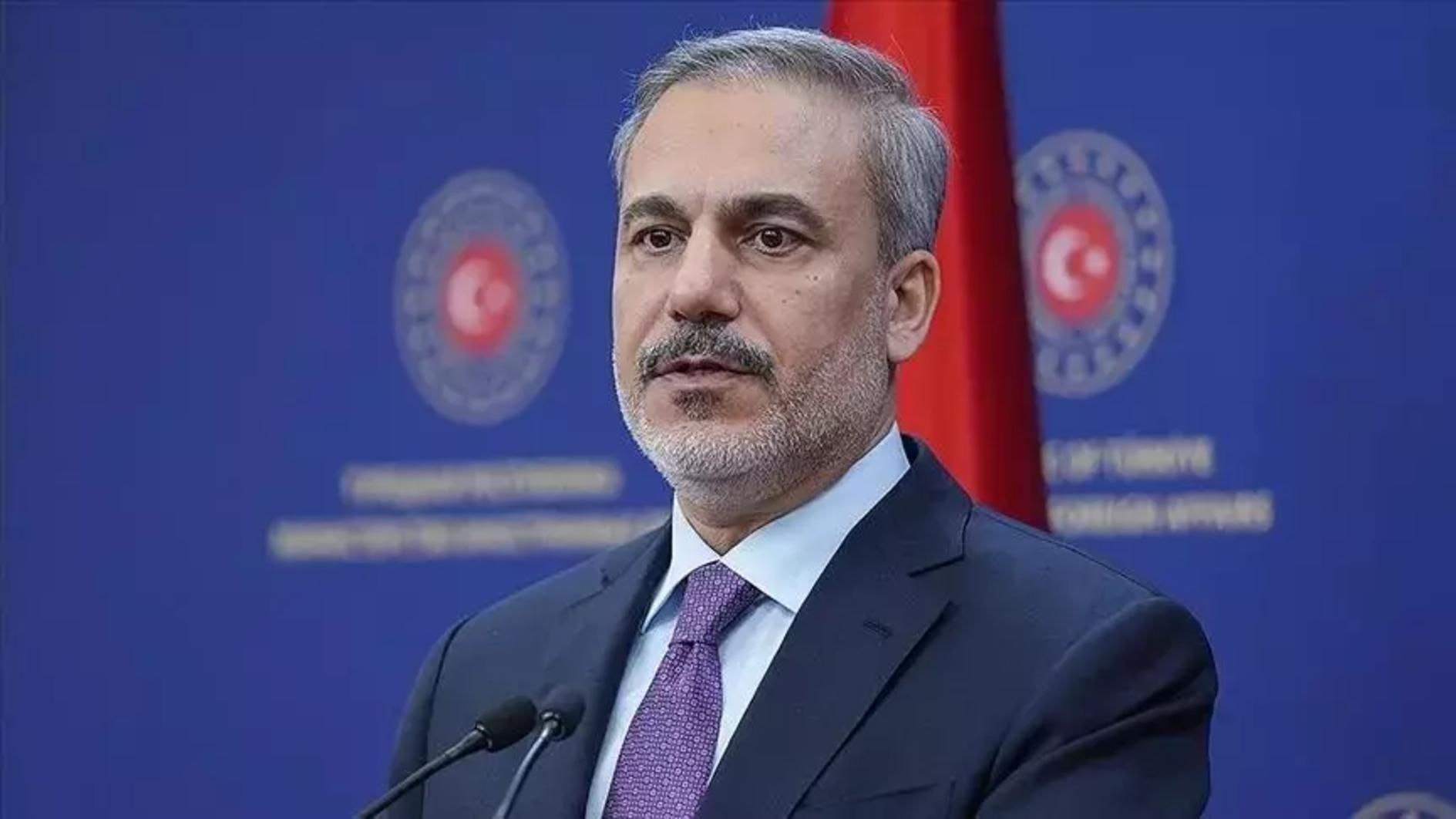Court discussing expert’s objectivity in Emek case
ISTANBUL- Hürriyet Daily News

Kamer Construction representatives took members of the press to a trip within the Cercle d’Orient Complex last month.
The local court discussing the lawsuit against the renovation of the Cercle d’Orient Complex on İstiklal Avenue is questioning the objectivity of one of the academics who voted against the preliminary project by the contractor Kamer Construction, the litigant Chamber of Architects announced.An interim order issued by the court is carrying out the request in a petition submitted to the court by Kamer Construction, which joined the case with its own request alongside the initial defendant, the Culture Ministry.
The interim order quoted the petition and said Associate Professor Özlem Eşsiz Eren, who is one of the two objecting academics in the experts’ report (which constituted the legal basis for the court to annul its previous decision to recommend a stay of execution in the renovation project), may not have been objective in her judgment. This is because she is working in the Architecture Department at Mimar Sinan University, the department head of which, Professor Deniz İncedayı, is also the head of the Chamber of Architects in Istanbul, the plaintiff of the lawsuit.
Proceedings of the case confusing
In line with that request, the interim order of the court demands both the university and the chamber submit official documents that testify İncedayı’s administrative position in both institutions.
The experts’ report bears signatures of three academics in total, two signing in disfavor of the contractor. The court took notice of one expert’s positive vote about the project while annulling its previous stay of execution decision.
The representatives of the Chamber of Architects said the academic who voted in favor of the renovation project in the experts’ report, Professor Suat Çakır, was also a member of the academic staff in the same department with the other two academics, and asked why the court was not calling his objectivity into question.
According to Article 135 of the Turkish Constitution, there is no legal impediment for İncedayı to chair both an academic department and the Chamber of Architects, which is a non-governmental organization.
According to the proceedings of the case so far, the annulment of the stay of execution decision took place on Nov. 16, 2011, six months after the date the experts’ report was sent to the court on May 30, 2011.
Litigant Chamber of Architects was notified about the annulment decision on Dec. 1.
The interim order about the experts’ report was also issued on Nov. 16, together with the annulment decision. However, the notification to the plaintiff occurred almost two months later, on Jan. 9.
Kamer Construction submitted the mentioned petition May 27, which was after the expert report was prepared but before it was sent to the court. Turkish administrative law proceedings allow a six month objection period for an experts group to be called to duty by any local administrative court in such cases.
However, the representatives of the chamber said Kamer Construction did not use their right to object to the objectivity of the experts in time, sending the petition only after the legal objection period had expired.
















